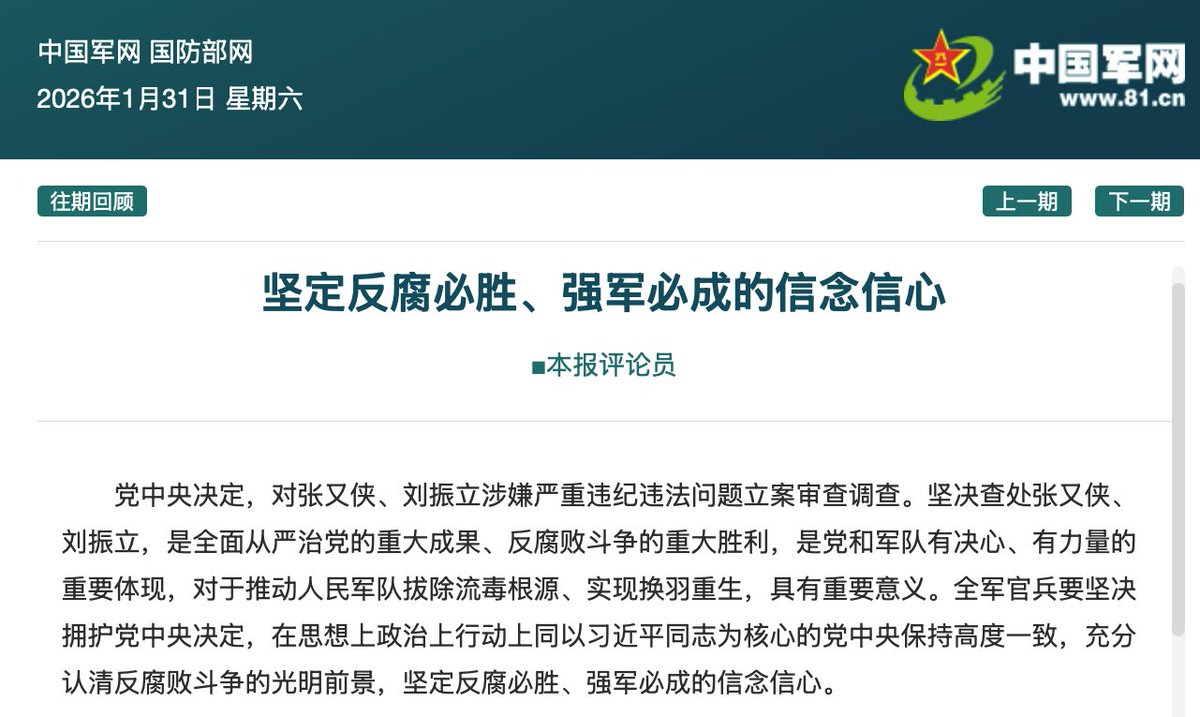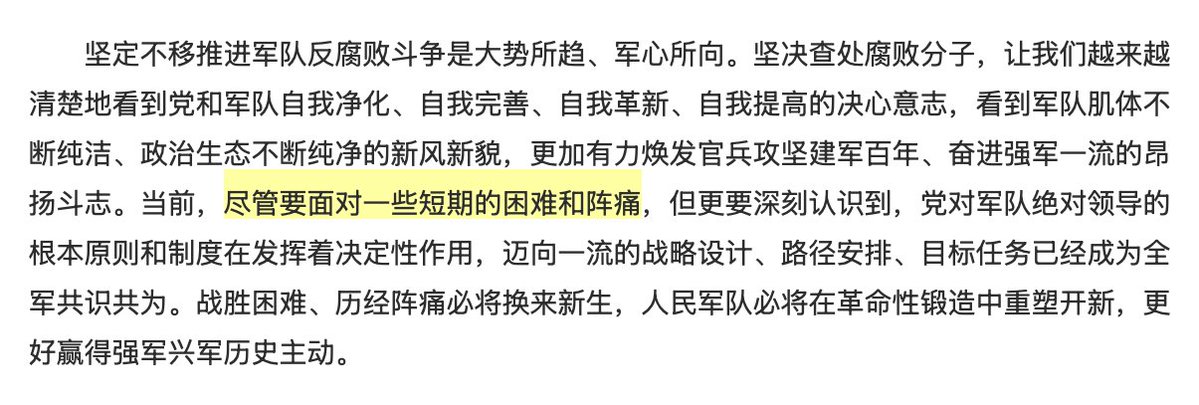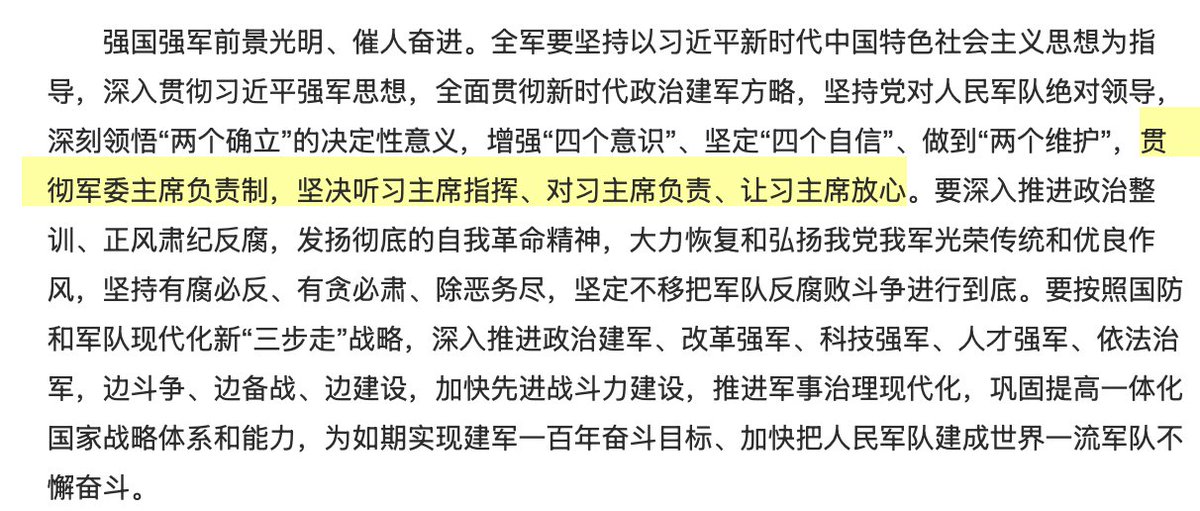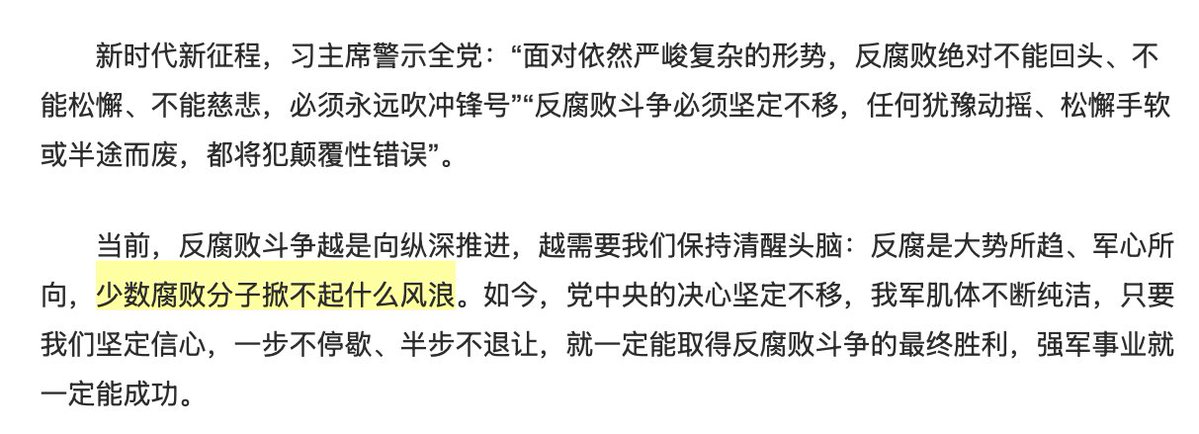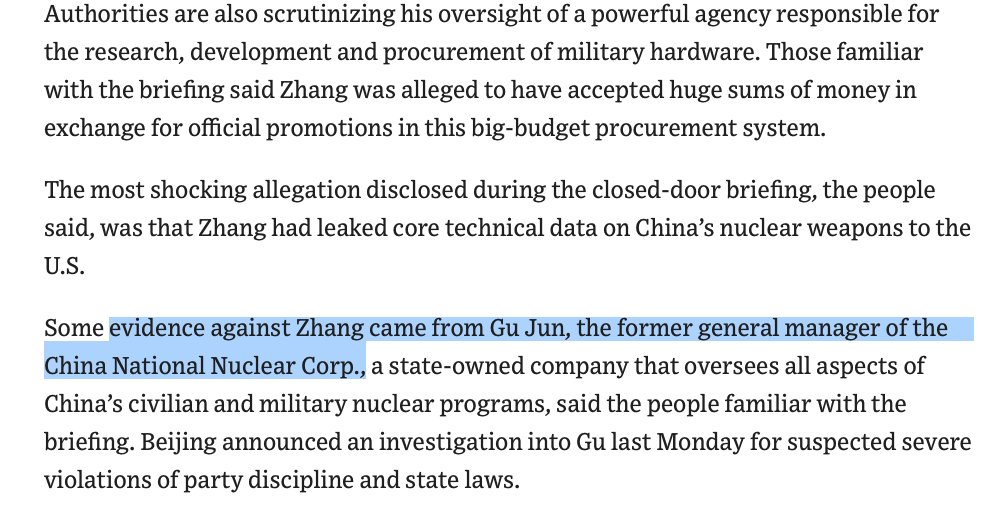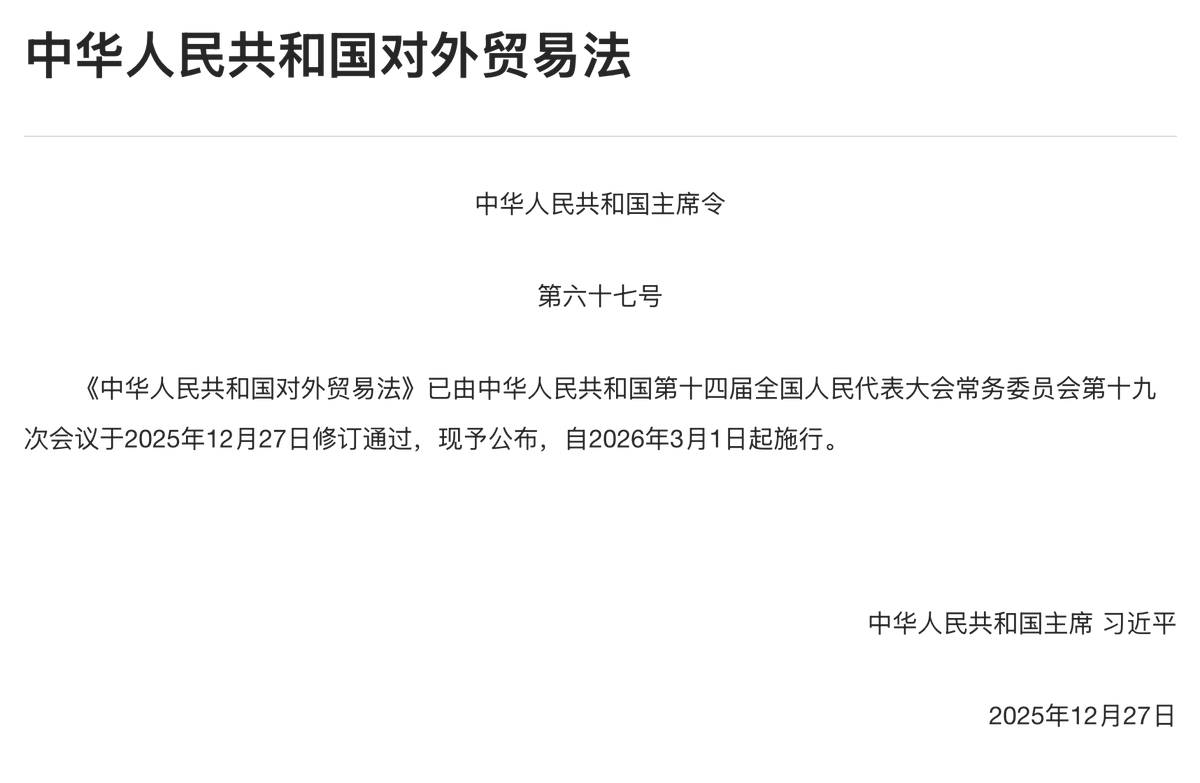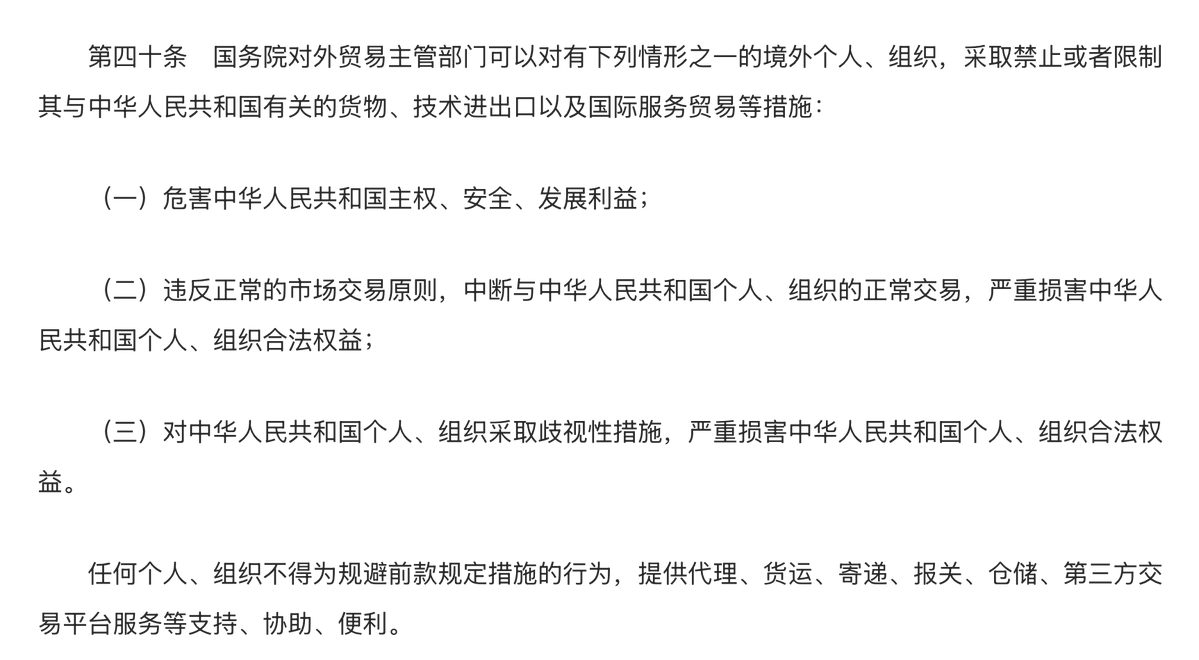China adopted its first Foreign Relations Law yesterday.
Why the law now & what are the implications for foreign businesses? I explained in this @SCMPNews story.
‘Rule of law’: China adopts new legislation to help combat foreign sanctions via @scmpnewssc.mp/kiqq?utm_sourc…
Why the law now & what are the implications for foreign businesses? I explained in this @SCMPNews story.
‘Rule of law’: China adopts new legislation to help combat foreign sanctions via @scmpnewssc.mp/kiqq?utm_sourc…
In addition to my quotes along with @georgemagnus1 below in the story, I'd like to point to the following features of the law which will make it harder for businesses, both Chinese and foreign, to operate: 

@georgemagnus1 1. Art. 5 emphasizes the central unified leadership of the CCP, which adds further to the uncertainty of the business environment as the Party could take actions based on political rather than legal considerations. 

@georgemagnus1 2. As per Art. 6, all business organizations and institutions, other social organizations and citizens have "responsibilities and obligations to protect the national sovereignty, security, dignity, honor and interests in foreign relations and cooperation". 

@georgemagnus1 The phrase “national sovereignty, security, dignity, honor and interests” is very ambitious and creates even wider obligations than the notorious Art. 77 of the National Security Law (which is one of the reasons which got Huawei & so many other Chinese firms in trouble), 
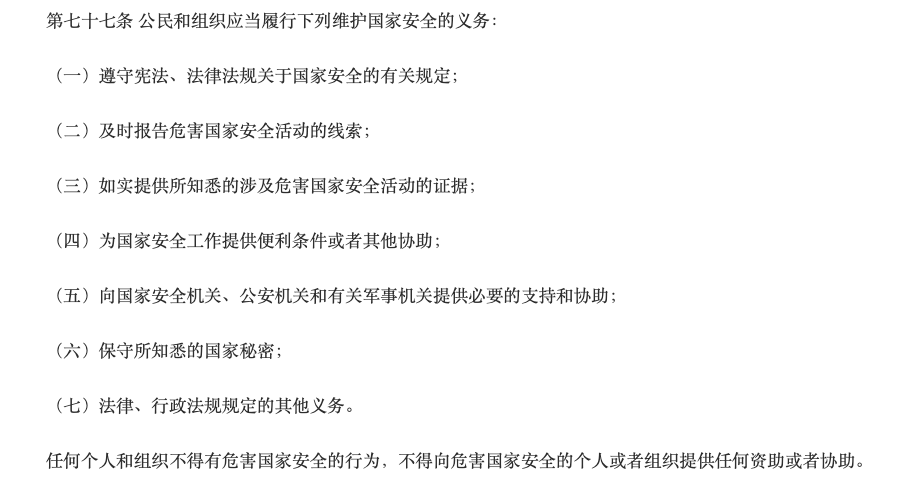
@georgemagnus1 as well as Art. 14 of National Intelligence Law & Art. 32 of Anti-Espionage Law.
Essentially, Art. 6 turns all Chinese firms into an extended instrument of the Chinese government & the CCP (per Art. 5). It will not only make it harder for Chinese firms to operate overseas,


Essentially, Art. 6 turns all Chinese firms into an extended instrument of the Chinese government & the CCP (per Art. 5). It will not only make it harder for Chinese firms to operate overseas,


@georgemagnus1 but also make foreign businesses think twice before deciding to invest in China.
Compared to national security, “national dignity and honor” are even more elusive concepts. But based on past practices, I’d say it is now an obligation for every Chinese firm to protest,
Compared to national security, “national dignity and honor” are even more elusive concepts. But based on past practices, I’d say it is now an obligation for every Chinese firm to protest,
@georgemagnus1 in every business dealings, when its foreign business partners casually refer to Taiwan as a country, or opinion on the situation in Xinjiang or Hong Kong.
Good news for compliance experts!
Good news for compliance experts!
@georgemagnus1 3. Art. 30 states that China will implement its treaty obligations "in good faith". This could mean that it wouldn't strictly follow the letter of a treaty if it's not considered to be made in good faith, such as Phase 1 Agreement with US. This adds further business uncertainties 

@georgemagnus1 The 2nd sentence of the Art. states that “Treaties and agreements concluded or acceded to by the state may not contravene the Constitution.”
Now anyone remembers what’s the first article of the PRC Constitution?
Now anyone remembers what’s the first article of the PRC Constitution?
@georgemagnus1 “The leadership of the Communist Party of China is the most essential feature of socialism with Chinese characteristics. Any organization or individual is prohibited from undermining the socialist system.” 

• • •
Missing some Tweet in this thread? You can try to
force a refresh


